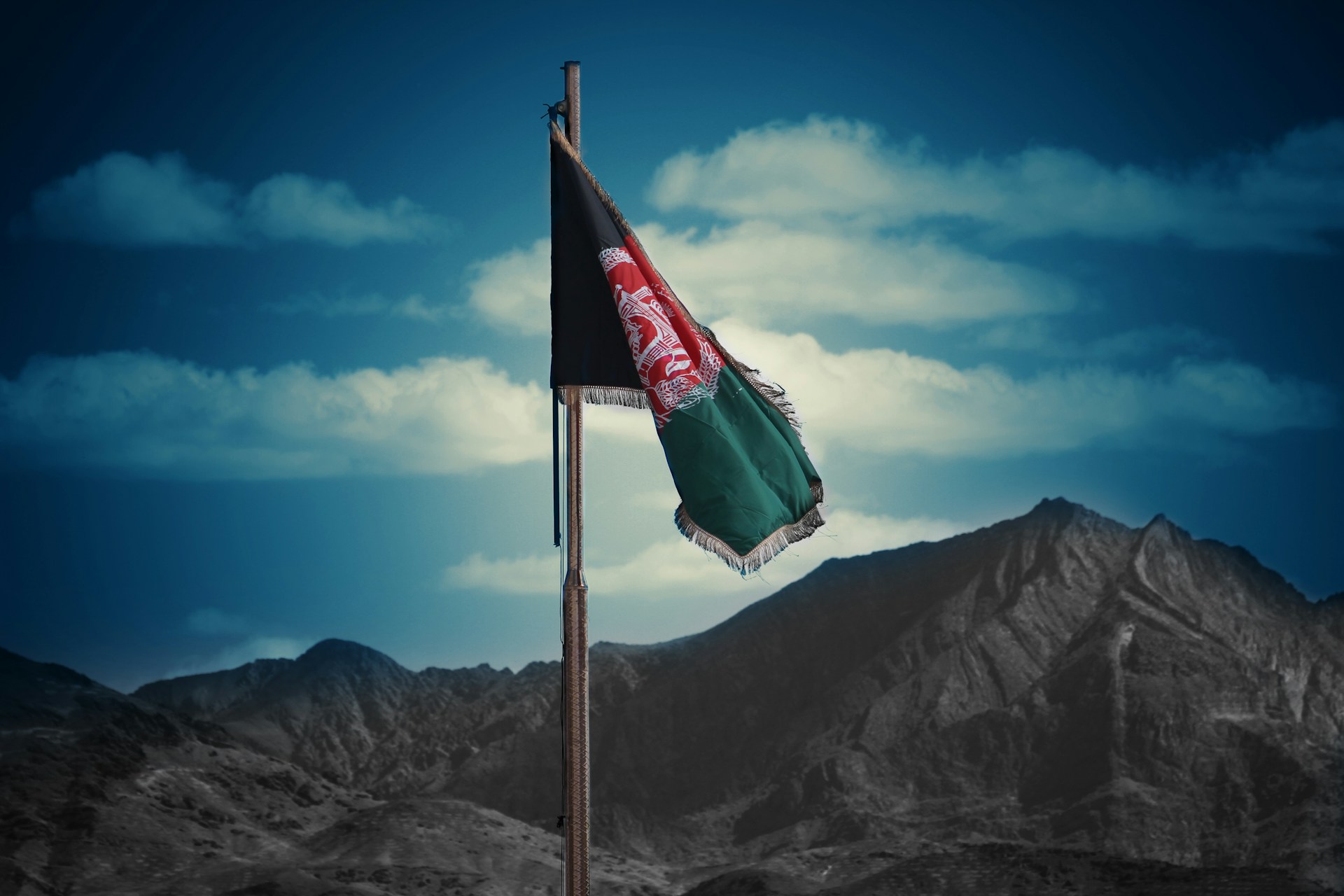Afghanistan’s foreign policy towards Pakistan has been highly reactive, unstable, and marked by fluctuating optimism and pessimism. In contrast, Pakistan’s foreign policy concerning Afghanistan has, from the Afghan perspective, maintained a harmful stability over the past 78 years, characterized by interference and the creation of comprehensive instability in Afghanistan.
From the Afghan viewpoint, the ruling authorities in Islamabad have never desired, nor do they desire, a strong government in Kabul that could rival Pakistan and assert its own identity and voice on the global stage.
Since its inception, Pakistan has been concerned not only about the Durand Line but has also sought to integrate Kabul into its strategic depth, especially since the Soviet invasion of Afghanistan, with the aim of competing with India.
This concern is not merely a hidden aspect of Pakistan’s foreign policy; it has been openly acknowledged by several Pakistani officials in recent years. During meetings with Afghan representatives, they have assured Kabul that they are no longer pursuing a policy of strategic depth.
However, is there truly a shift in Pakistan’s foreign policy regarding Afghanistan? What are the three key aspects of Pakistan’s approach towards Afghanistan, and what concerns have shaped this policy?
To discuss these issues of political stability, we have invited Dr. Syed AlamMahsood, a politician and researcher from Khyber Pakhtunkhwa, to provide insights into Pakistan’s foreign policy towards Afghanistan.
sa
Views: 14











